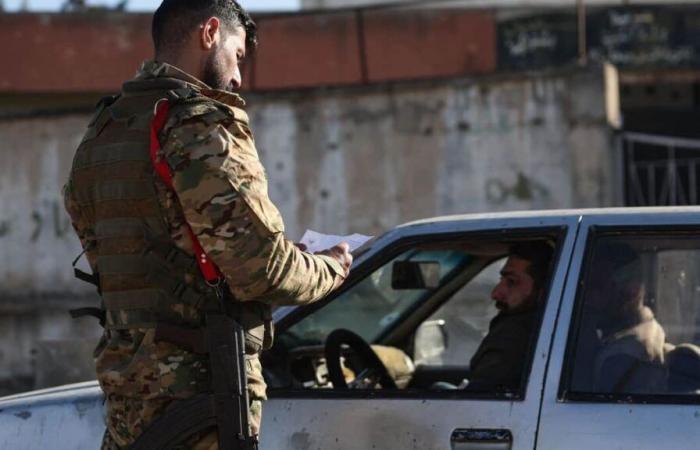The new Syrian authorities announced on Saturday that they had foiled an attack by the Islamic State (IS) jihadist group against the mausoleum of Sayyeda Zeinab, a site revered by Shiites south of the Syrian capital.
A Syrian intelligence source cited by the official Sana agency said security forces had “managed to thwart an attempt by IS to carry out a bomb attack inside the mausoleum of Sayyeda Zeinab,” adding that several people had been arrested.
The Interior Ministry released photos of four people said to be “cell members” of IS, adding that security forces had “stormed their hideout” near Damascus.
These images show them with their hands tied behind their backs, with weapons and military equipment in front of them, as well as identity papers of two Lebanese and a Palestinian refugee residing in Lebanon.
On the ground are what appear to be three explosive devices, grenades, cell phones and bank notes.
This is the first announcement of this type from the new Syrian authorities, who came to power after a rebel coalition led by the Sunni Islamist group Hayat Tahrir al-Sham (HTS) overthrew the power of Bashar al- Assad.
ISIS has repeatedly claimed responsibility for attacks in this sector, including an explosive device attack on July 27, 2023 which left at least six dead and more than 20 injured near the Shiite sanctuary, according to the authorities of the deposed power.
With its mosque with turquoise ceramics and a gold dome in the Iranian style, the Sayyeda Zeinab complex was defended, since the start of the war in Syria in 2011, by pro-Iranian Shiite militiamen, alongside the army of Damascus.
Taking power in Damascus, the rebel coalition surrounded the complex to ensure its security, after the withdrawal of Shiite militiamen.
The new Sunni power, which strives to send positive signals to the international community, particularly in terms of the protection of minorities, remains faced with major challenges in a vast country fragmented by more than 13 years of conflict.
If ISIS was defeated in Syria in 2019 by Kurdish forces with the support of an international coalition, it maintains jihadist cells which continue to operate from the great Syrian desert.






